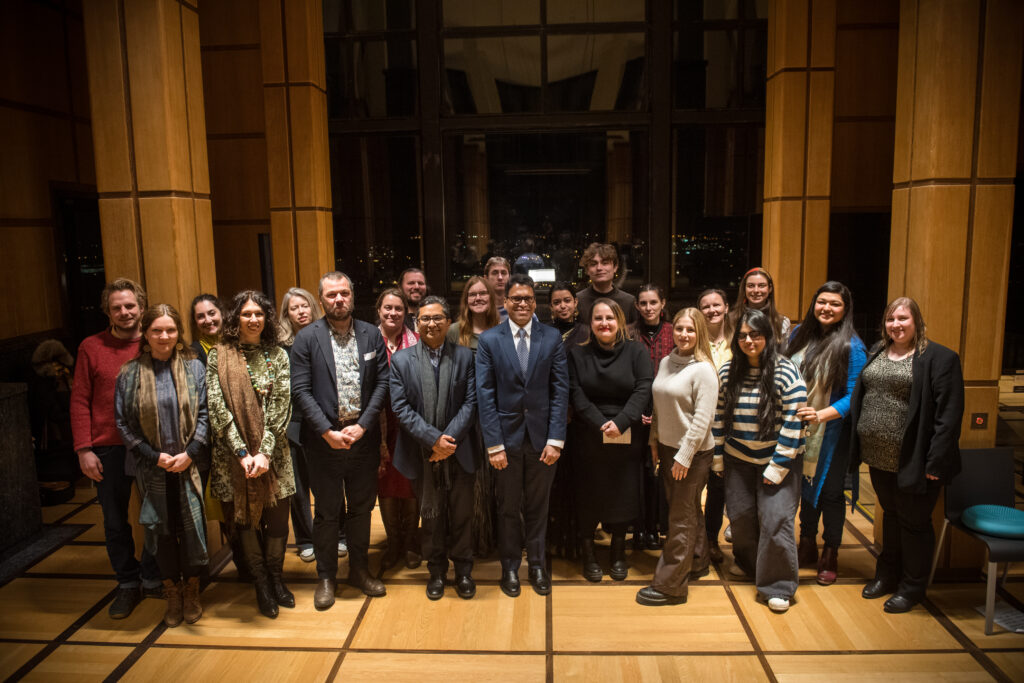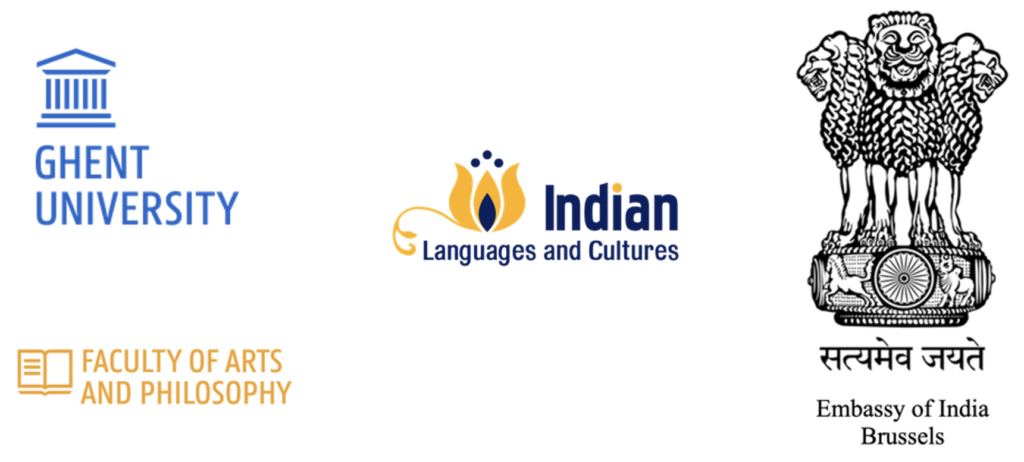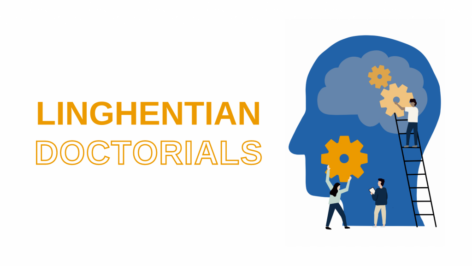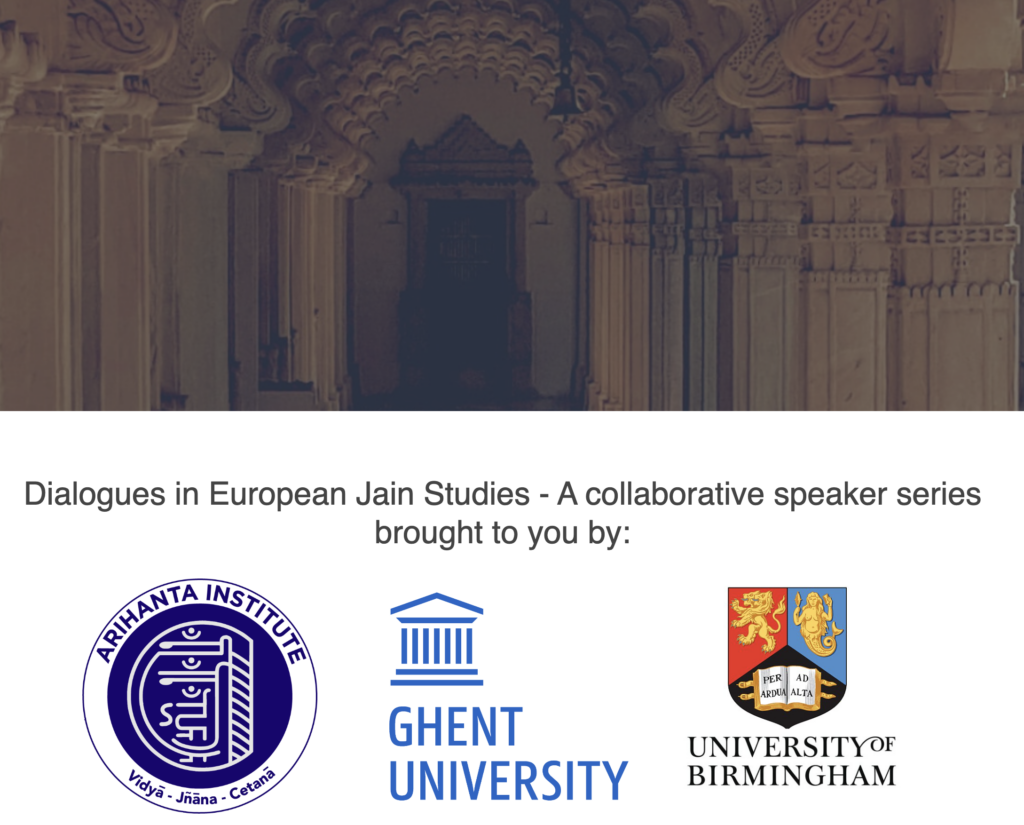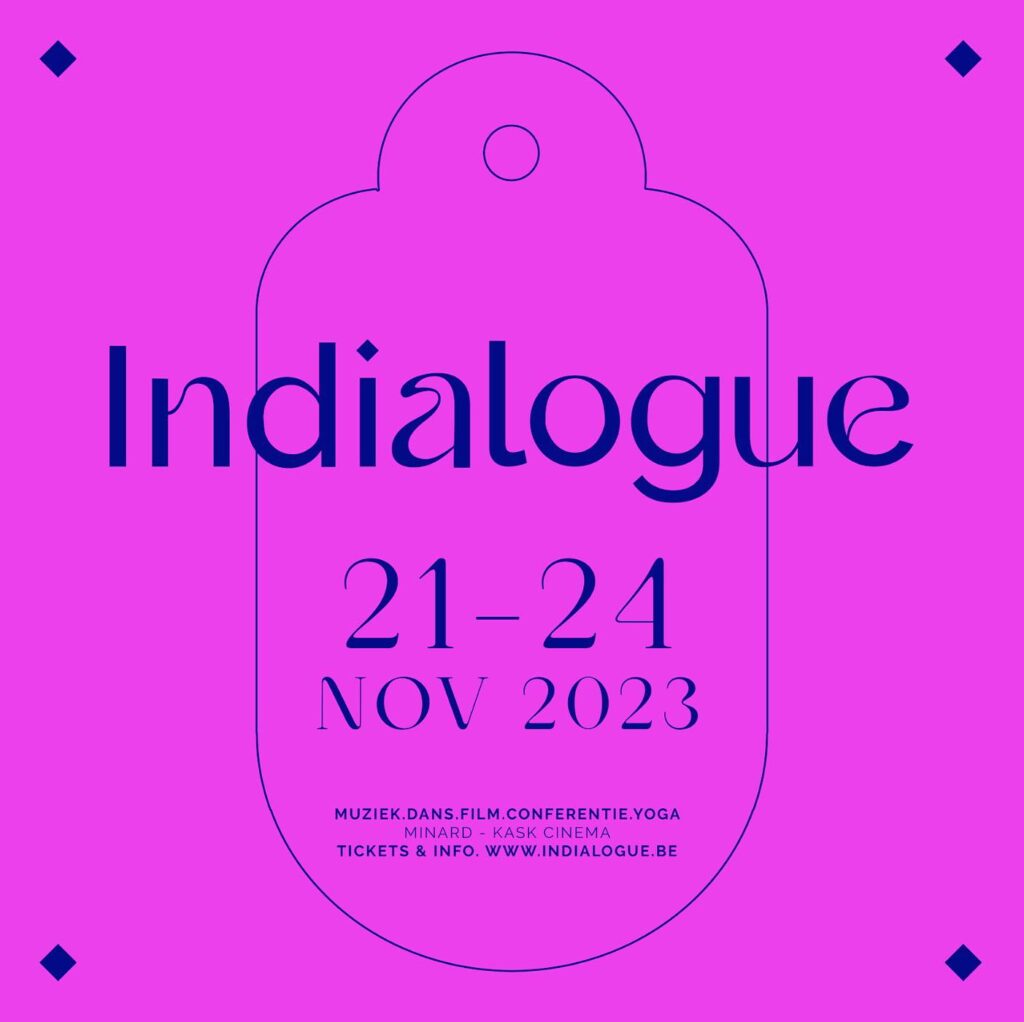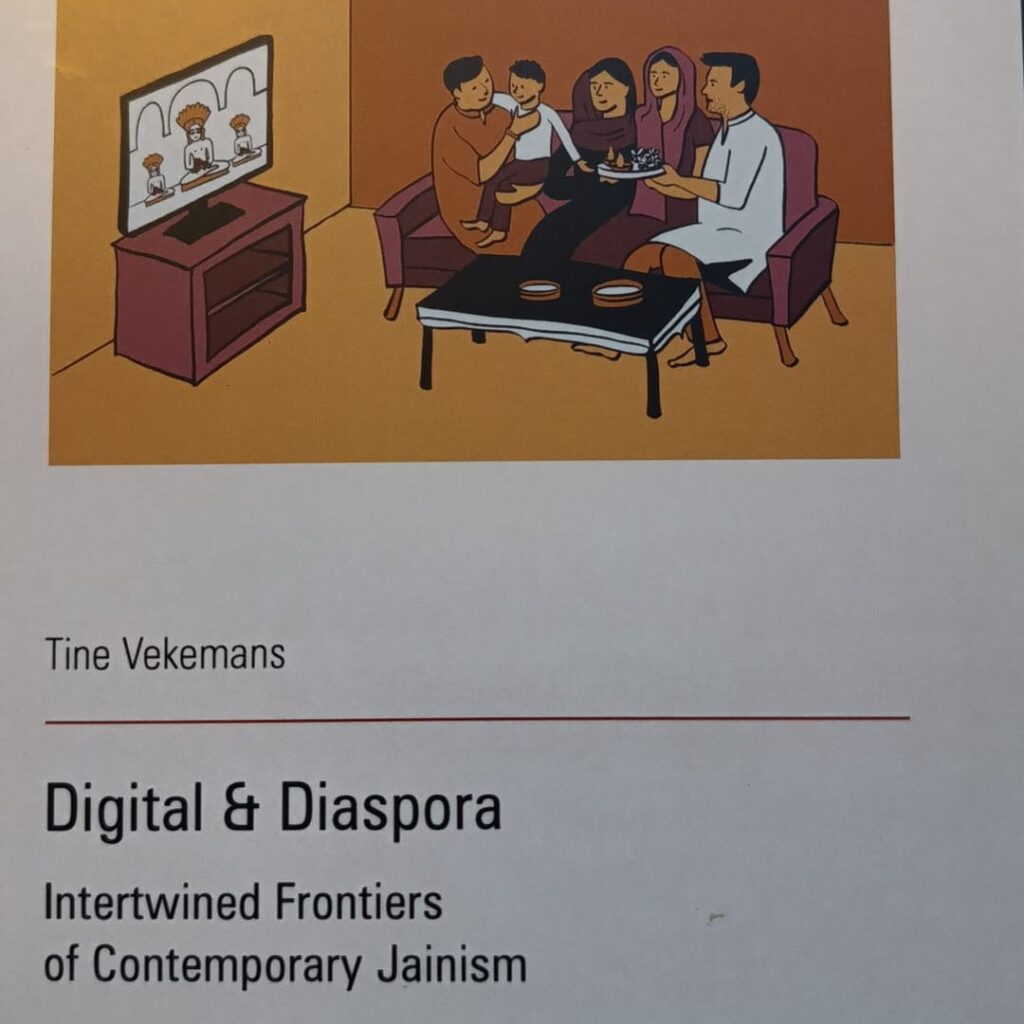Religious Foundations: Recent Research on Built Environments in South Asia is the new online lecture series organised by South Asian Network Ghent.
We will delve into the intricate relationship between religion and the built environment in South Asia. Throughout six lectures, scholars from different disciplines will examine the religious diversity of this region and unravel how these diverse groups have influenced architecture, spatial organisation, and the urban landscape. The series aims to foster a nuanced understanding of how religion, as a fundamental aspect of South Asian societies, has shaped and reshaped the built environment, forging an enduring bond between faith and architecture from antiquity to the present.
All the lectures will take place on Thursdays at 4pm CET.
Programme and registration links
29/02 → Saarthak Singh (Ghent University), Temple urbanism in North India: case studies from medieval Malwa, 10th-13th centuries
https://us06web.zoom.us/webinar/register/WN_8oYACK4ERUu-pIvRHKYCMg
14/03 → Vera Lazzaretti (ISCTE – University Institute of Lisbon), The Kashi Vishvanath Dham in Banaras: a tale of contorted heritage-making and insecurities in new India
https://us06web.zoom.us/webinar/register/WN_DYX4hkRxRZiRQYUUwMBIcQ
28/03 → Shalin Jain (Delhi University), Making places and claiming cpaces: Jain religious architecture in medieval Gujarat
https://us06web.zoom.us/webinar/register/WN_jWUZtAEIQGaCu57hg–3hA
18/04 → Elora Tribedy (Nalanda University), Crossing the Ocean of Fear: unveiling monastic foundations and medieval transformations of the cult of Tārā in India
https://us06web.zoom.us/webinar/register/WN_Ar-_4RmAQiGcbBfq_AQYfQ
02/05 → Roshan Mishra (Taragaon Museum), Reclaiming Nepal’s heritage
https://us06web.zoom.us/webinar/register/WN_8O1X5lafTpexRt59-1ob1Q
16/05 → Sara Mondini (Ghent University), Transforming architectural vocabularies, reshaping religious identities: the impact of modern Muslim patronage on the urban landscape of Kerala
https://us06web.zoom.us/webinar/register/WN_mN-NSh9RSfaaCEs293AyZw
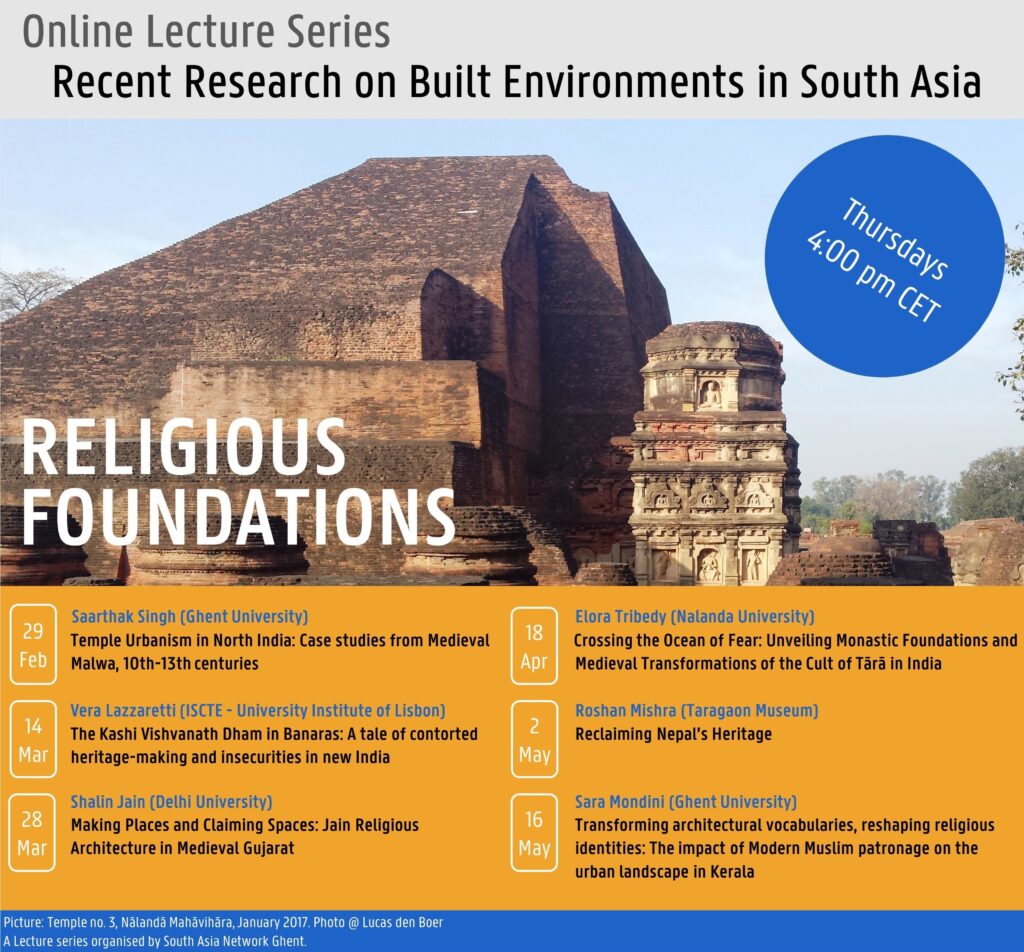
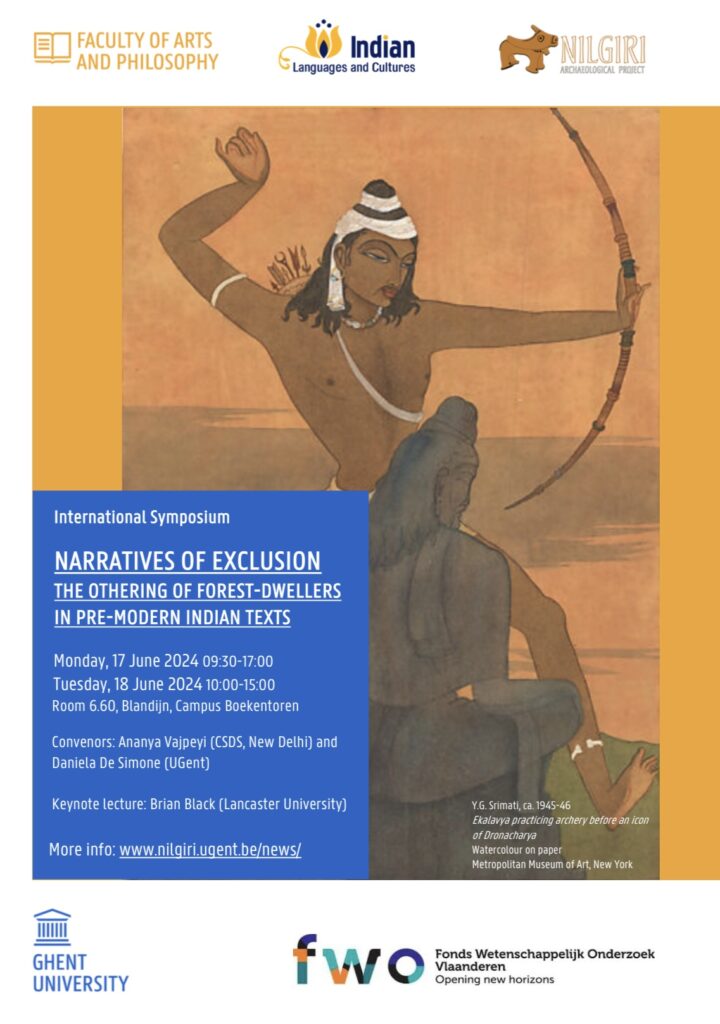 This symposium aims to explore the multifaceted portrayals of Indian forest-dwellers in pre-modern textual sources, shedding light on the complex dynamics of “othering” and its implications for understanding historical interactions between sedentary civilisations and indigenous forest communities. Drawing upon a wide array of pre-colonial texts, including religious scriptures, epic narratives, and regional historical documents, we will delve into the narratives and characterisations that have historically marginalised forest-dwellers, casting them as the “Other.”
This symposium aims to explore the multifaceted portrayals of Indian forest-dwellers in pre-modern textual sources, shedding light on the complex dynamics of “othering” and its implications for understanding historical interactions between sedentary civilisations and indigenous forest communities. Drawing upon a wide array of pre-colonial texts, including religious scriptures, epic narratives, and regional historical documents, we will delve into the narratives and characterisations that have historically marginalised forest-dwellers, casting them as the “Other.”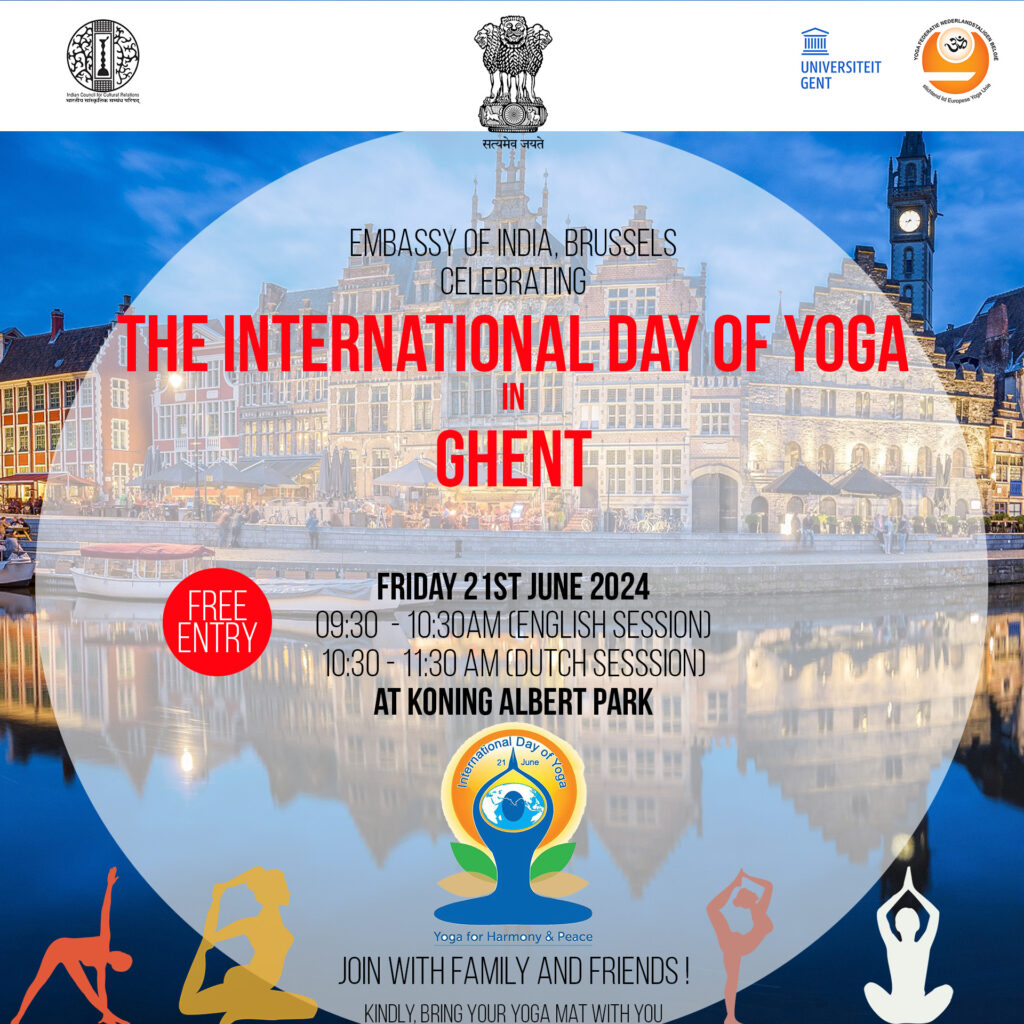
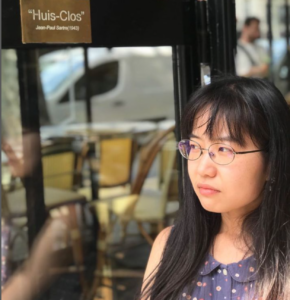 On 16th May 2024, Dr Yixiu Jiang (Leiden University) will give a lecture titled “Dreaming of Buddhahood—Measuring Bodhisattva Progress in Early Mahāyāna”.
On 16th May 2024, Dr Yixiu Jiang (Leiden University) will give a lecture titled “Dreaming of Buddhahood—Measuring Bodhisattva Progress in Early Mahāyāna”.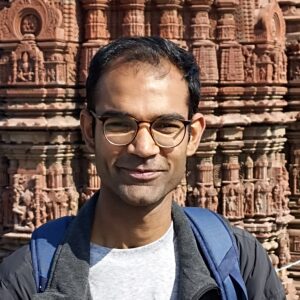 Congratulations to our Saarthak Singh, Fonds Wetenschappelijk Onderzoek – Vlaanderen (FWO) Junior Postdoctoral Fellow, for the prestigious South Asia Art & Architecture Dissertation Prize 2024 awarded by the
Congratulations to our Saarthak Singh, Fonds Wetenschappelijk Onderzoek – Vlaanderen (FWO) Junior Postdoctoral Fellow, for the prestigious South Asia Art & Architecture Dissertation Prize 2024 awarded by the 
